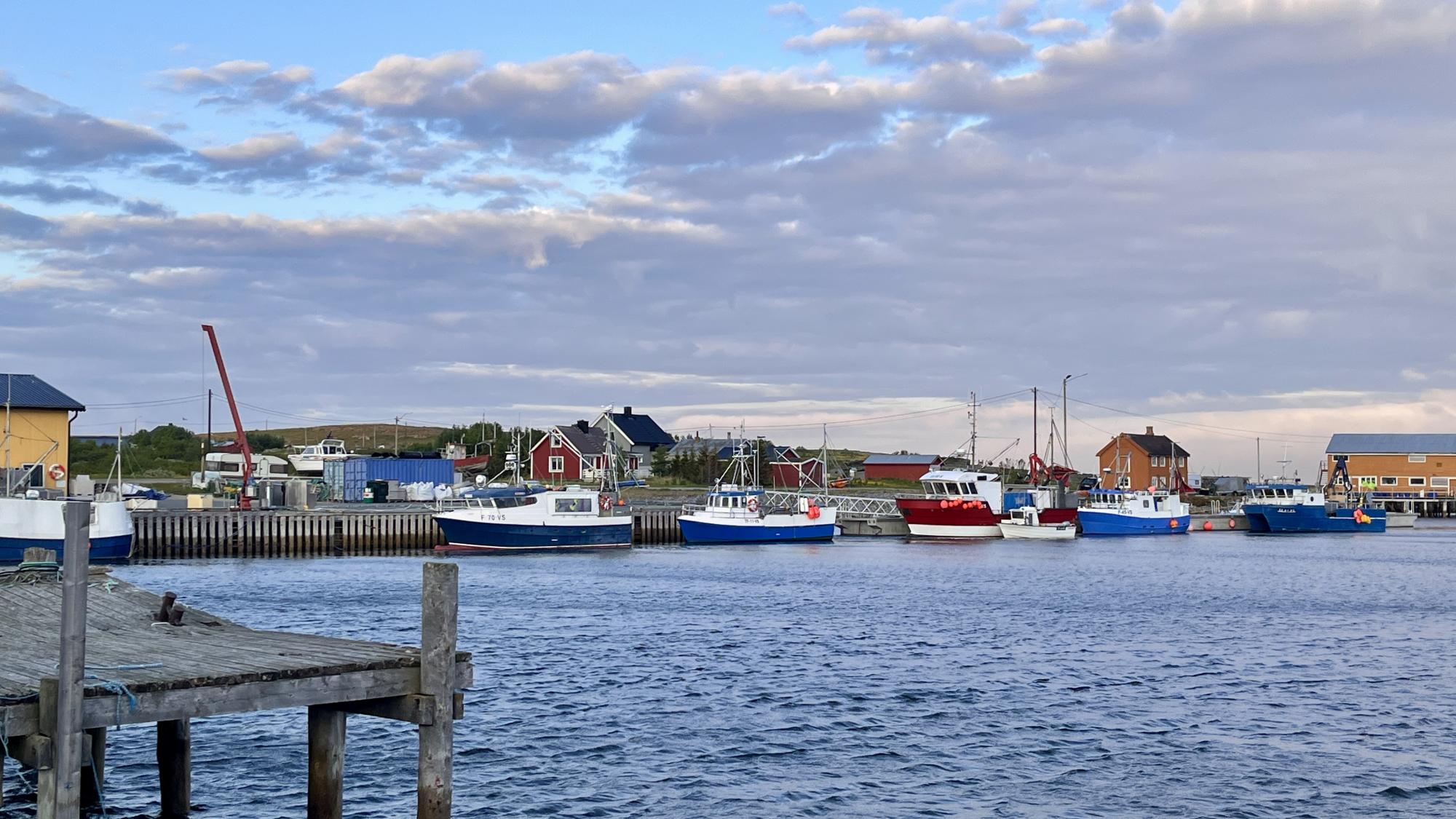BIRGEJUPMI: Bridging knowledge systems for inclusive, resilient and prosperous Arctic coastal futures.
BIRGEJUPMI
Funders

Horizon Europe Programme

Project information
Project duration
-
Funded by
Horizon Europe - Research & Innovation Action (RIA)
Funding amount
2 999 815 EUR
Project coordinator
University of Oulu
Unit and faculty
Contact information
Project leader
Researchers
Project description
The BIRGEJUPMI project aims to strengthen community engagement and relational environmental decision-making in Arctic coastal regions by bringing together diverse knowledge systems (Indigenous, Western, and local), grounded in a holistic, ethical, and equitable community-based approach to research with strong Indigenous leadership. The term 'birgejupmi' is a Sámi concept referring to things that are essential to maintain a livelihood, including values, the sustainable use of resources, and social networks. Empowering communities to use and develop their own knowledge is vital for fostering resilience, cultural preservation, socio-ecological well-being, and mobilises coastal communities to address local challenges effectively while promoting social cohesion.
To this end, BIRGEJUPMI works across three Arctic areas: western Sápmi, northern Sápmi, and Kalaallit Nunaat.
BIRGEJUPMI follows three objectives:
- document, revitalise, and integrate Indigenous Peoples’ knowledge-informed practices connected to marine and coastal resources management and conservation in fjord socio-ecosystems, and inform decision-making processes for coastal management and governance models rooted in Traditional Ecological Knowledge (TEK);
- assess the environmental, socio-economic, cultural, and demographic changes experienced by Arctic coastal communities in relation to climate change adaptation and mitigation measures, focusing on young people's visions for a sustainable future and their involvement in regional, national and EU-level environmental decision-making;
- investigate the transformative potential of sea- and landscapes as living archives to inform TEK-rooted resource governance and empower local institutions and knowledge centres to become open spaces for dynamic community-led research.
BIRGEJUPMI is grounded in Indigenous methodologies and adopts a Co-Production of Knowledge and Two-Eyed Seeing approach to advance decolonial research and responsible policy. Indigenous art, handicraft, and art-based methods play a central role in the project, supporting healing, reconciliation, and environmental coping mechanisms in Arctic coastal regions.
BIRGEJUPMI is led by the University of Oulu, and carried out in partnership with Sámi allaskuvla, the Saami Council, the Indigenous Voices Research Group (IVO) at the Arctic University of Norway (UiT), Alta Museum, Dáiddadállu, the Research Institute for Sustainability (RIFS)/GFZ, the University of Copenhagen, Psykolog Paarnaq, the University of Tartu, Árvu AS, and the National Dong HWA University.
More information at https://birgejupmi.eu/
Project actions
Work Packages
- WP1–Ethical, collaborative, and inclusive research approaches and methodologies
- WP2–Human-species-ecosystem interdependencies in changing Arctic coastal regions
- WP3–Coastscapes-relationalties: Uncovering silenced knowledge systems and crafting a relational One Health approach for community resilience, reconciliation, and well-being
- WP4–Local and global futures: young people’s visions of sustainable livelihoods and inclusive environmental decision-making
- WP5–TEK-informed coastal resources management and conservation strategies embedded in a multi-actor approach
- WP6–New actors and spaces for improved collaboration, knowledge building, and inclusive decision-making
- WP7–Empowering Indigenous higher education institutions and remote Arctic coastal communities by developing gender-sensitive and innovative education formats
- WP8–Mobilizing youth leadership and exchange for shaping socio-economic transitions in Arctic coastal regions linked to the EU Green Deal
- WP9–Implement novel capacity building and education formats for activating, sharing, and bridging diverse knowledge systems
- WP10–Ethical approaches, circular models and evaluation methods for working across different knowledge systems
- WP11–Communication, dissemination, exploitation, and outreach 1
- WP12–Communication, dissemination, exploitation, and outreach 2
- WP13–Project Coordination and Management 1
- WP14–Project Coordination and Management 2
The University of Oulu leads WP13 and WP14, as well as Task 1.3, and co-leads Tasks 8.2, 2.1, and 5.1. It also contributes to WP4, WP11, and WP12.